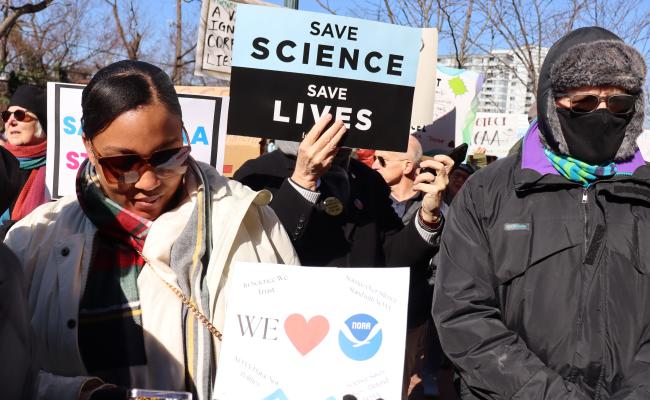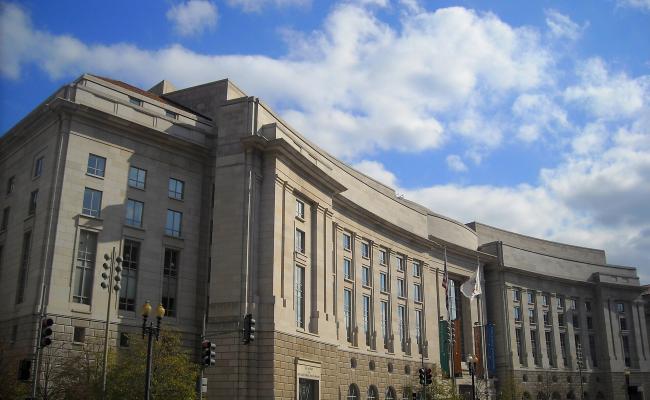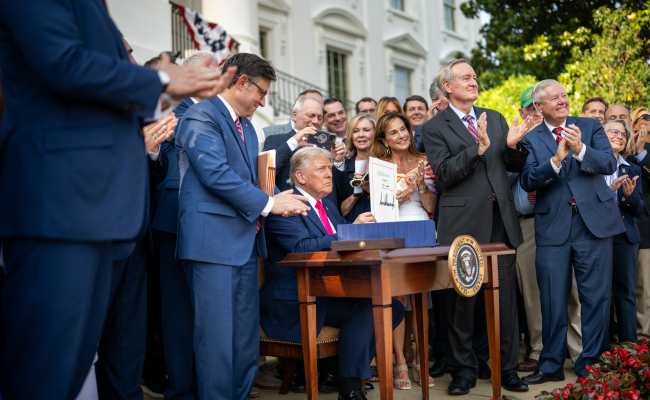ARCUS Shuts Down, Highlights Dire Situation for US Arctic Researchers

US President Donald Trump at a press conference with DOGE adviser Elon Musk on May 30th, 2025, in the Oval Office. DOGE is responsible for thousands of federal employees losing their jobs earlier this year. (Official White House Photo by Molly Riley)
The Arctic Research Consortium of the United States has shut down, illustrating the tense situation among US Arctic researchers, says researcher Michael Walsh. "There is tremendous fear among Arctic researchers in the United States. I have colleagues who are afraid to speak to the press about the shutdown due to fears of retaliation."
The closing of ARCUS follows a long line of attacks on US Arctic research and the closure of institutions such as the Wilson Center's Polar Institute and the University of Minnesota's Polar Geospatial Center, and massive cuts in the National Oceanic and Atmospheric Administration.
One of the Arctic's most important fields of science, climate change, has also taken a major hit. Most recently, reports state that the Trump Administration has banned the Department of Energy from using words such as climate change, green, sustainable, emissions, and energy transition, among others.
High North News has previously reported on what the US development could entail for Arctic research, as well as Chinese influence in the region.
Michael Walsh, Affiliated Research Fellow at LMU Munich, says to High North News that ARCUS has been an important institution in Arctic research in the United States and that its closing could be just one of many hits to US polar institutions in the near future.

Michael Walsh is an Affiliated Research Fellow of the Lasky Center for Transatlantic Relations at Ludwig Maximilian University of Munich.
"ARCUS has effectively functioned as a silo-breaker. It has promoted information sharing and knowledge exchange among Arctic researchers from different fields of study and different stages of their careers," he says.
As the institution shuts down, he believes it serves as an illustration of the tense situation that is brewing among Arctic researchers.
Culture of fear
Walsh says that a culture of fear has developed among Arctic researchers in the US, leading people to hold their criticism in fear of retaliation. The closing of ARCUS showcases this culture, he believes.
"The fear stems not only from concerns about the selective disregard for academic freedom, freedom of speech, and freedom of the press by the Trump Administration. It also stems from a fear of the emerging pattern of retaliation for any criticism - even non-partisan criticism - of the policy decisions of the Trump Administration by the U.S. Government."
Selective disregard for academic freedom, freedom of speech, and freedom of the press by the Trump Administration.
He adds that these fears have a chilling effect on Arctic researchers in the United States.
"The ARCUS shutdown serves as a case in point. I have colleagues who admit that they are afraid to speak to the press about the shutdown of ARCUS. They are afraid that their comments will lead to retaliation against their colleagues in ARCUS member institutions."
This climate of fear was also highlighted in an open letter from 1,900 top US scientists, released in March. In the letter, the scientists emphasize that 'a climate of fear has descended on the research community,' in which researchers have been forced to bend to the administration's anti-scientific policies in fear of losing their jobs and funding.
Walsh adds that people are not only fearful but also angry for having their livelihoods put at risk. This impacts all kinds of people, no matter their background or political views, he says.
"The Arctic researcher community is not homogeneous. There are people who come from all walks of life. That includes political affiliations. There are quite a few Arctic researchers who voted for Trump over Biden in the last election," he says, and adds:
"However, I have yet to encounter a single U.S. Arctic researcher who believes that the new approach to federally funded Arctic research by the Trump Administration is the right one. That makes it a hard pill to swallow for the community. The Trump Administration is literally putting the livelihoods of many U.S. Arctic researchers at risk."




